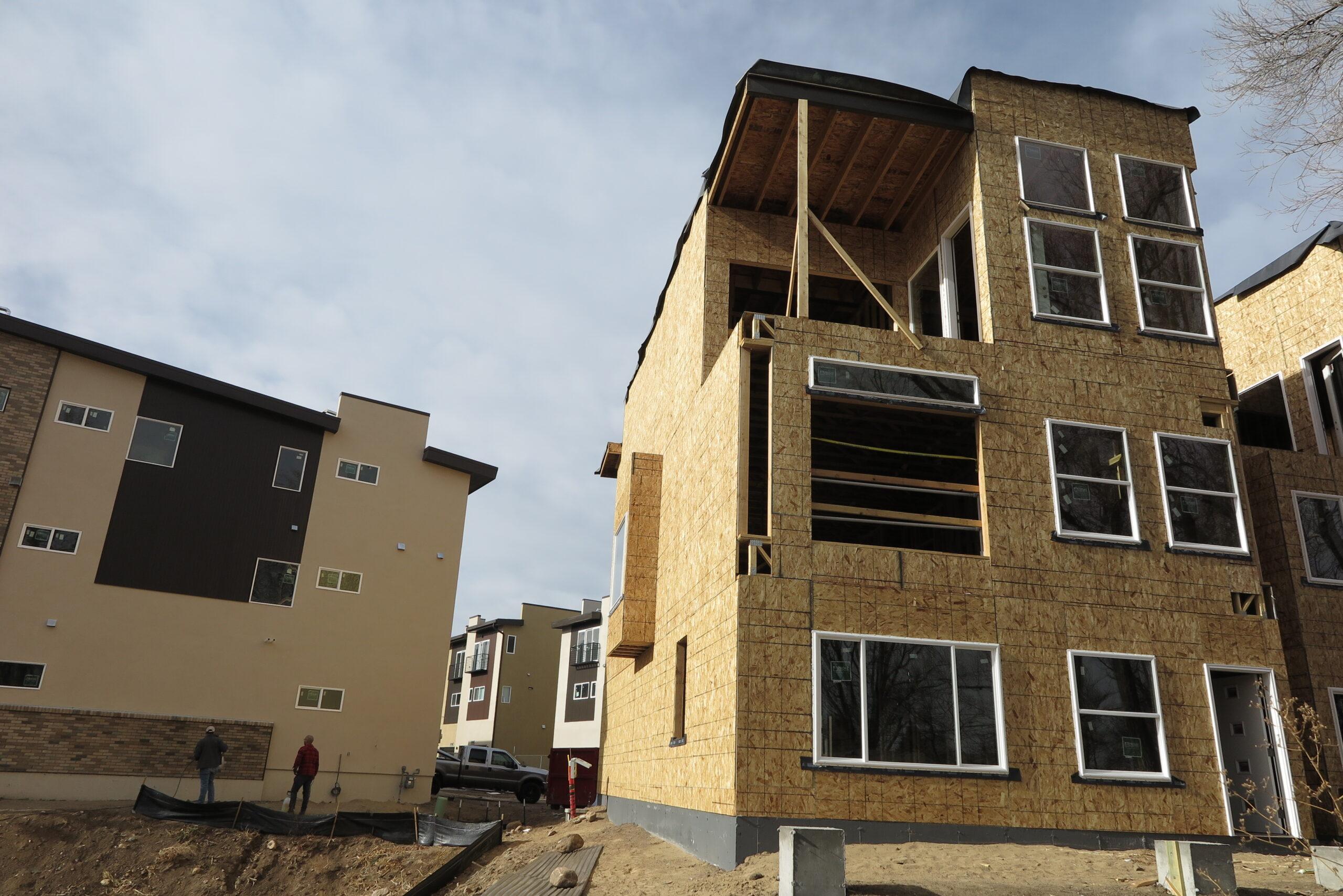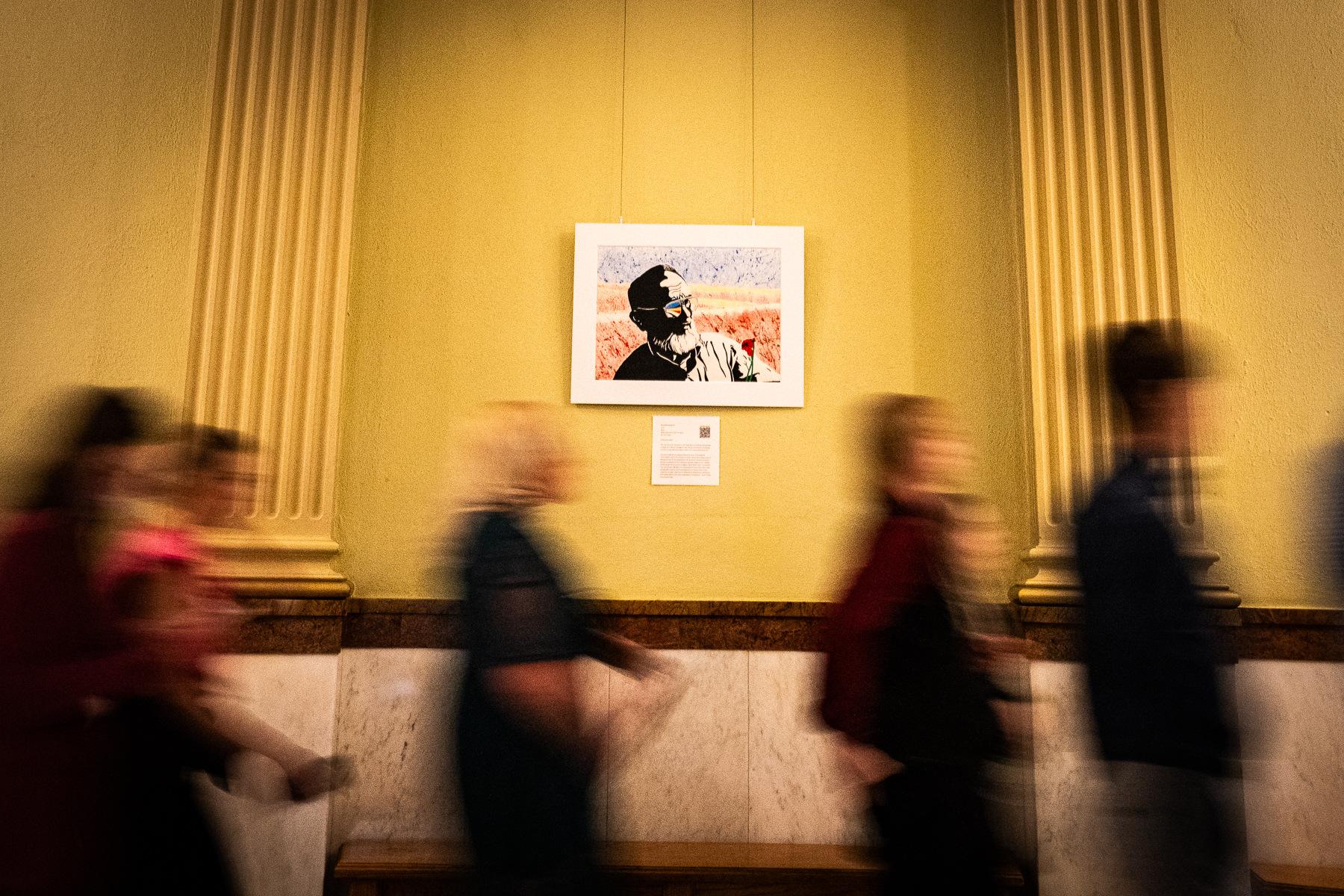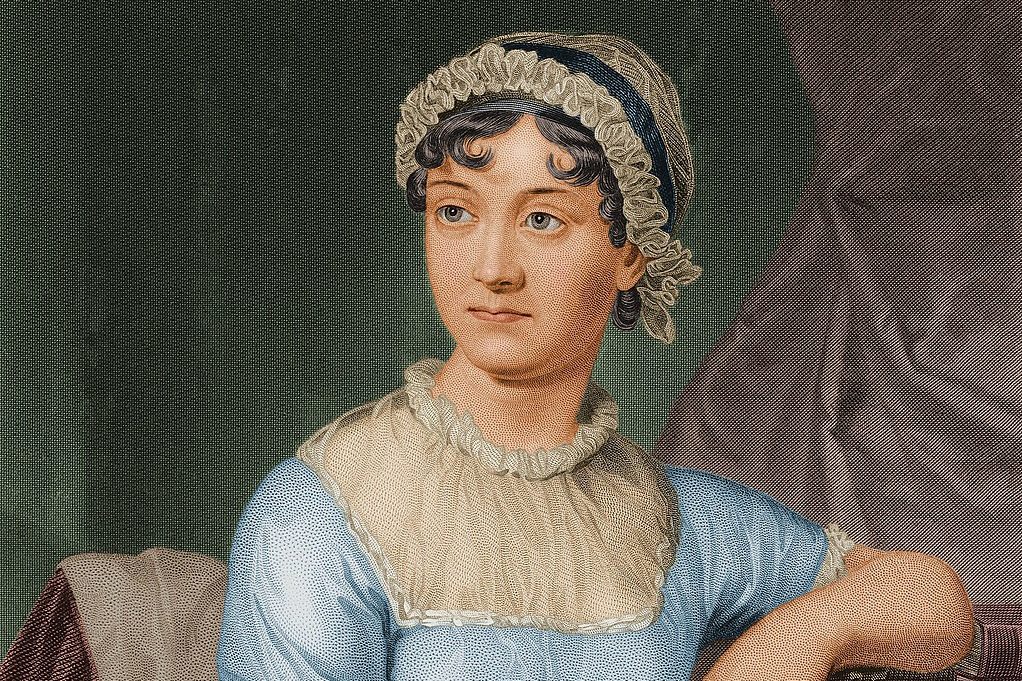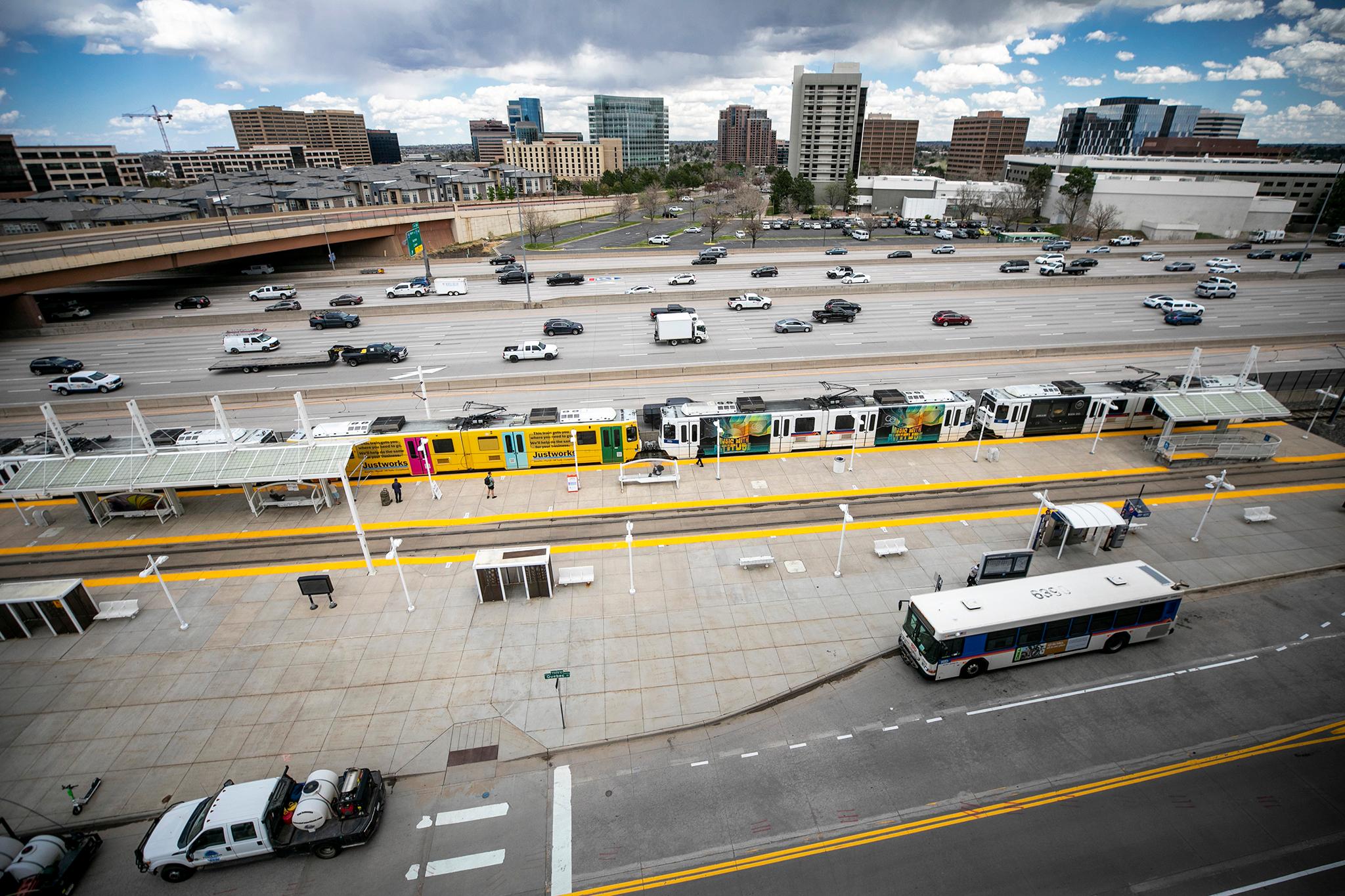
Home prices reaching new record highs in Colorado’s two largest real estate markets is not new in the least. The last couple of years, not only are records set in the busy summer months; they’re being set in the dead of winter, when home sales typically slow.
That was also the case in February, when the median price for a single family home in the greater Denver Metropolitan Area shot up $35,000 in a single month, up to $575,000 (if you look just within Denver city limits, the climb was even more dramatic).
The same thing happened in the Pikes Peak region, where the median price gained $20,000 from January to February, according to the Pikes Peak Association of Realtors. The median price now of a single family home there is $465,000.
PPAR President Ann Kidd said realtors like herself are still dealing with historically low inventory. In particular, new homes are just not being built fast enough.
“We have buyers that are now entering the market with their eyes wide open,” Kidd said.
She said lenders in the state have been both approving higher cost home loans and sitting down with realtors to really counsel prospective buyers about how the markets along the Front Range work. Kidd said buyers are learning not to wait to see if the market is going to change month to month.
“What they’re seeing is it is not changing and they’re jumping in now, into the market, because who knows where this crazy market is going to take us?” Kidd said.
Andrew Friedson, an associate professor of economics at the University of Colorado Denver, said such a notable shortage of new homes coming on the market can cause price spikes, creating a sort of self-fulfilling collective psychology.
“Prices are made up, right?” Friedson said. “If what you have is realtors convincing a critical mass of people to bid very large numbers, then those very large numbers become the price.”
Friedson said it was market tendencies similar to those he is seeing now that caused the housing bubble of the late 2000s, leading to the Great Recession.
“It’s a question of ‘Are these houses worth this money or is this speculative and people are trying to get in now before it goes crazy?’” he said.









